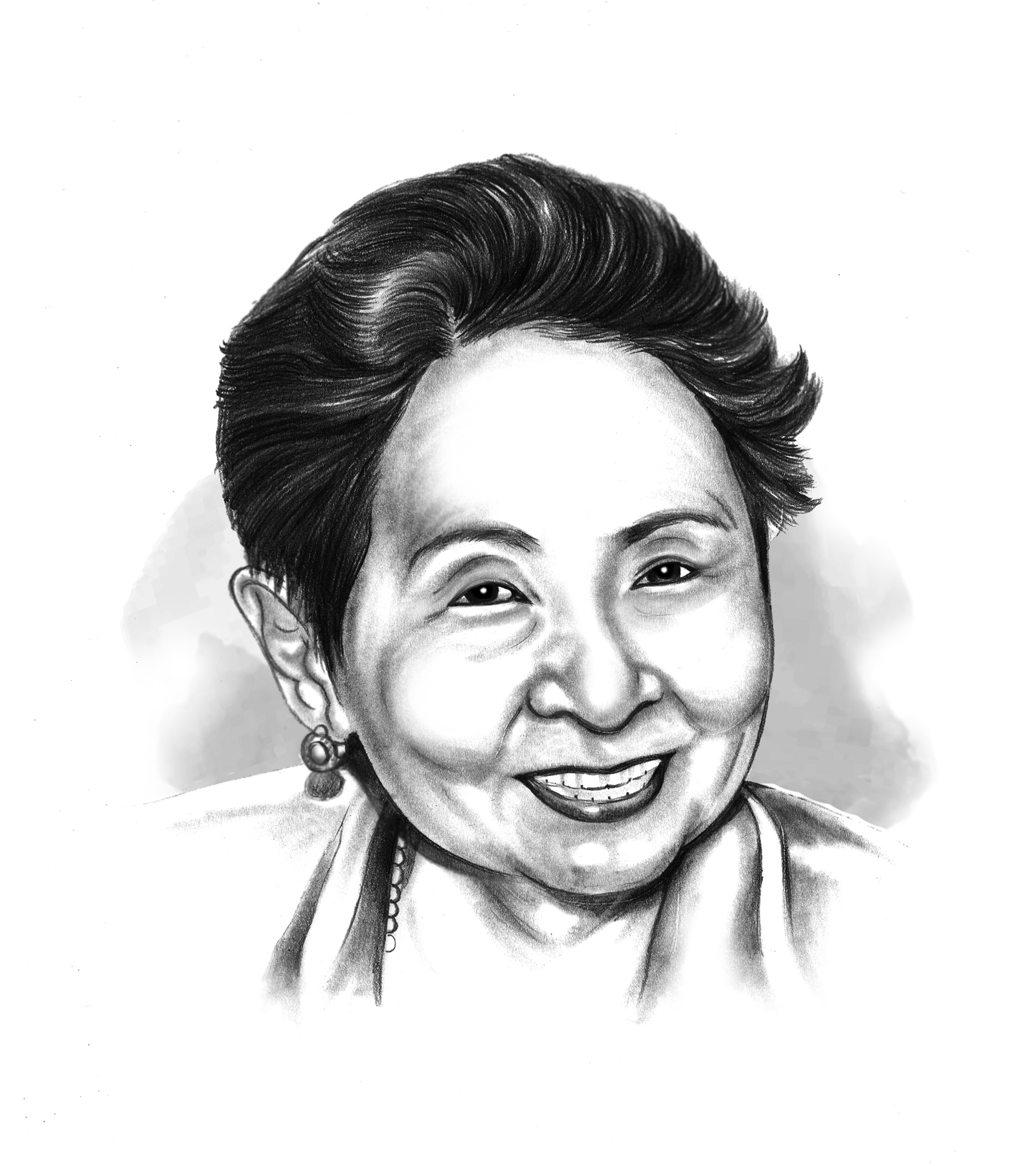PAGBABAGO

The main message of the resurrection is hope – hope that we can do something to improve our “material world” and to alleviate its present condition. Studies show that the primary concerns of our people focus on their economic and personal wellbeing – freedom from hunger and fear, as well as health and income security.
But providing these basic foundations and delivery of services depends on the establishment of responsive political and economic structures.
Past and present reports and studies on state of freedom and democracy are useful references that could guide restructuring of institutions and quality of human resources.
This past week, I returned to some readings on how the country fared in some indicators that show where we are, where we should be going, and how.
Freedom House’ 2023 Country Report on Freedom in the Philippines and Transparency International’s Corruption Perception Index (CPI) are useful references.
Freedom House rates the country “partly free” with a global freedom score of 55/100. Our corruption perception index score was 34/100, a drop by one point from the previous year.
World Bank Report 2022 showed that after three decades of sustained decline in poverty and a decade of reducing inequality, Covid-19 has reduced these gains. Middle-income families were most affected by the erosion of earnings. Although the economy began to rebound, the recovery was uneven as a substantial share of the poorest households continued to lose income. Disparities in income and corruption were higher in the country compared to our neighboring countries.
International IDEA reports that the 21st century was held as the century of democracy. It cites authoritarian regimes that had become democracies. But Covid-19 contributed to rising authoritarianism. Democracies weakened because of polarization, nurtured by social media, disinformation and inequality.
In 2020, the number of countries becoming authoritarian outnumbered those going in a democratic direction. India, Brazil, USA. Hungary, Philippines, Poland, Nicaragua, Russia, Turkey and Venezuela were countries that showed “democratic backsliding.” Media integrity showed a decline in advertising revenue, media ownership concentration and proliferation of disinformation.
Leaders in government and NGOs should re-read if they have not done so, “Chasing the Wind,” Assessing Philippine Democracy, published by the Commission on Human Rights with the support of UNDP and the Philippine Social Science Council (2011).
With essays by Felipe Miranda, Temario C. Rivera, Malaya C. Ronas, and Ronald D. Holmes, a foreword by Loretta Ann Rosales, and a note from Renaud Meyer, UNDP country director, it is a candid evaluation of the state of our democracy which author Felipe Miranda in his preface describes as “not a democratic country, neither at this point in time, nor sometime in the recent past. It has not advanced beyond the formal democratic trappings and developed a working modern democracy in the last five decades.”
“Record of Philippine elections the past 50 years has been akin to ‘chasing the wind.’ The paramount challenge in a country where democracy has failed to develop is for scholars and citizenry to candidly explore the reason for this historical failure and to work to change history for the better. Truth-seeking, truth-saying, and truth-acting are imperative. Nothing else will do.”
Ronald Holmes’ essay on Civil Society and Decentralization cites advantages and constraints in his appraisal of the Local Government Code passed in 1991. It was intended to decentralize and achieve fiscal federalism as well as hasten subsidiarity, a principle where central authority is expected to have a subsidiary function, performing only those tasks which cannot be performed at a more local level.
It is seen as a “magic ingredient” for decentralization, Holmes notes as it is “more efficient in the delivery of basic services, provides “competition among local governments allowing citizens to “vote on their feet,” freeing local governments from the whimsical disbursement of funds from central government, and empowering them to generate their own resources,” increased citizen participation due to reduced government central-local checks and balances, and the resolution of ethnic conflicts. (Triesman, 2007).
Assessments on the participation of civil society organizations in local governments showed that it was restricted as local officials were not too receptive to them.” (Austere Panadero, 2006; Joseph Capuno, 2005)
The review highlighted subjugation by powerful political elites of the system of public administration at both the national and local level. Another critical factor is the reciprocal and privately held beneficial link between elites and other dominant business interests.
These insights would be helpful in the search for options for reform and renewal. ([email protected])